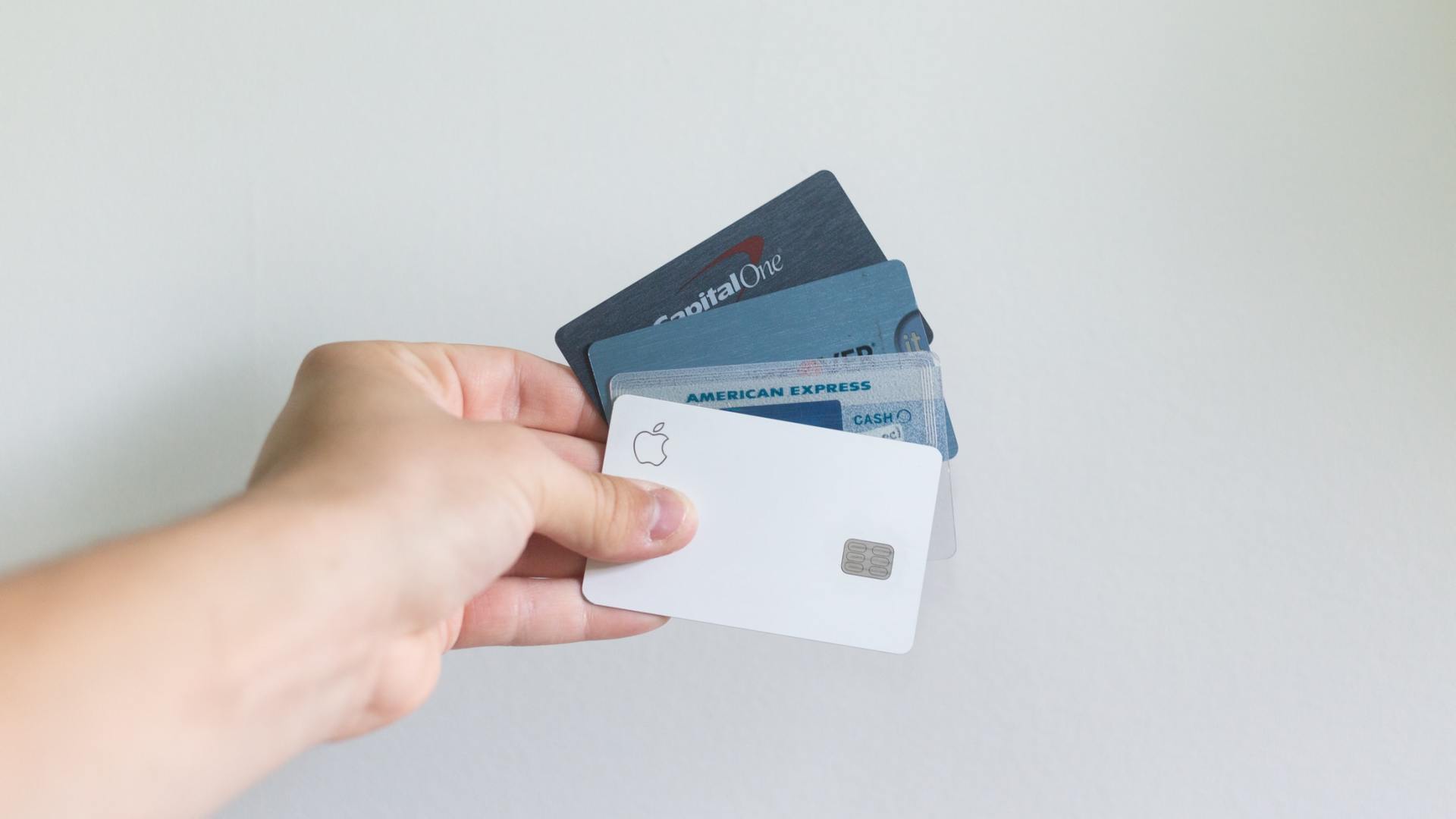Will you get left with the debt after your ex files for bankruptcy?
A big part of the divorce process involves separating your financial circumstances from those of your spouse. It can be a protracted process for the courts to divide your assets and debt in a divorce, and it is common for the courts to create very detailed and specific plans. For example, your ex may have gotten to retain more of the marital assets because the courts also gave them more of the marital debt.
Unfortunately, while there may be a court order mandating that your spouse pays off the marital debt, if they did not refinance it into their name only, you could be in a difficult position if they file for bankruptcy.
Are you on the loan or account along with your ex?
The biggest determining factor in whether or not you will wind up held accountable for the debts that your ex attempts to discharge during bankruptcy will be whether or not you are on the account with them.
For example, if the court ordered your ex to pay off your $15,000 credit card balance and then your ex files for bankruptcy after the divorce, the credit card company can come after you for the full balance of the account. However, if your ex refinanced the mortgage on the house you used to share and you received a portion of the equity, the mortgage company can’t hold you accountable during foreclosure proceedings.
If you co-signed for the account and your ex did not refinance it or transfer the balance over to an account solely in their name, you may wind up harassed by creditors that your ex should have paid.
Property division, including dividing debts, can be very contentious. Your attorney will be able to help you learn more about your options during this part of the divorce process.








